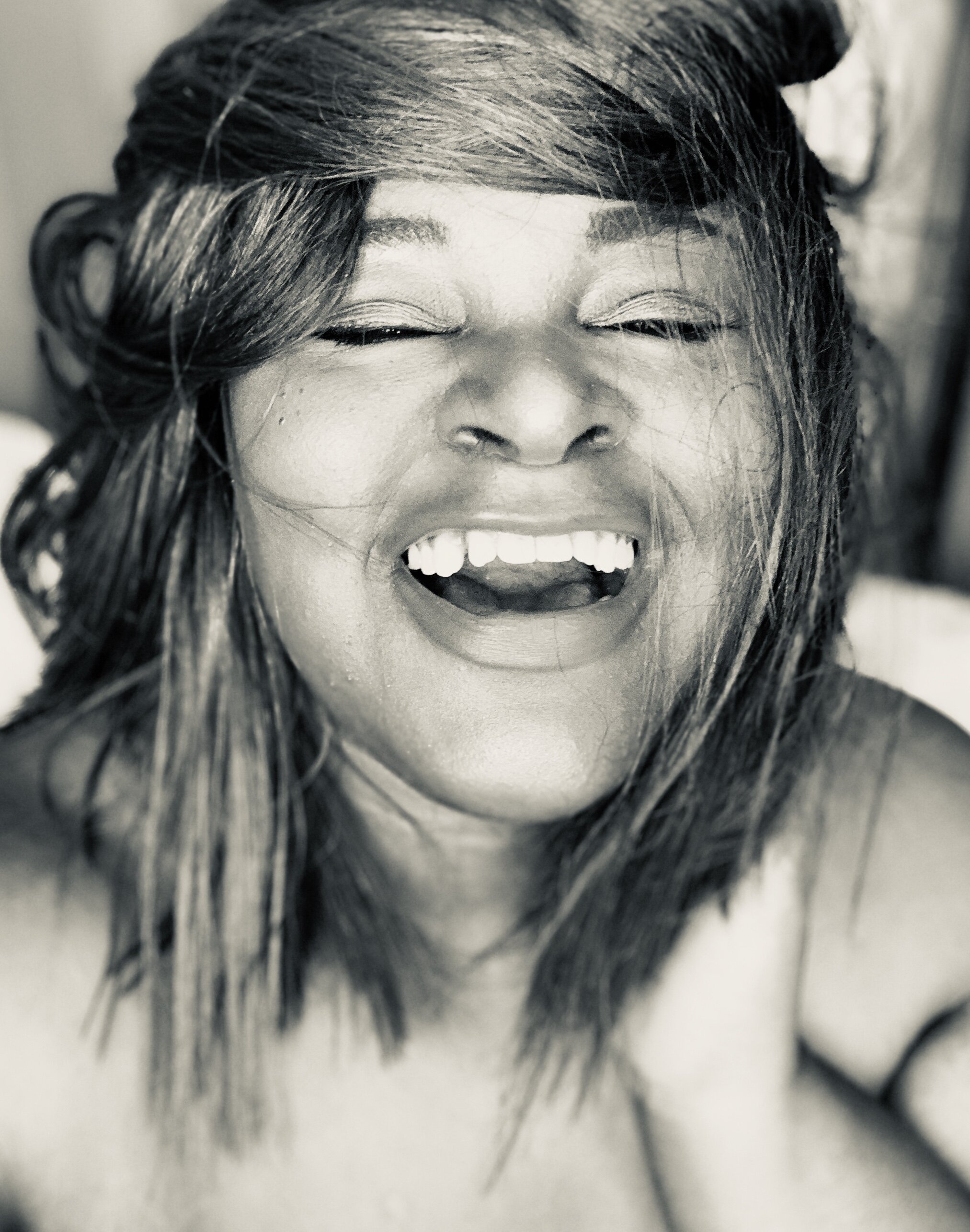Educated Black Rage: A Freestyle
Tell us about your experience of racism in the Academy
I saw the article linked from a colleague, a fellow Black woman. "The don't really want to know" I commented. Wondering if I sounded too bitter, pausing only for a second before I clicked "post" I didn't care how I sounded. It was the truth of the moment.
What is there to be said that hasn't been said already? I feverishly began to answer the question despite myself. Haven't we told you we feel unheard? Unseen? Underappreciated? The code of professional fit draped in xenophobic patriarchy. The parameters of professional dress slick with misogynoir . Hasn't all of this been said? What is it that you want me to tell you that isn't already present in the collective lexicon of knowledge around racism in higher education?
What you want is to make you feel better. Assuage your white guilt by deeming you woke or calling you an ally or affirming you that "...not all white people..." You want me to open myself up, turn myself inside out, become vulnerable and tell you about my deepest pains so that you can apologize and feel like you can sleep at night because at least your hair never got you written up. You want me to put language to the hurt and volunteer it when history and precedence tells me that you'll never understand.
I find myself resentful of the audacity of anyone to ask me to talk about my experience of racism in the academy as if my story is unique. It's not. I should not have to give you my story and itemize my pain for you to see me as human. Not only that, but the gall of being asked as if my existence wasn't enough.
My Black pain is not for public consumption. What have you done to deserve our truth? My truth? I challenge Dr. George Yancy that there is room for both silent rage and speaking up at the table. I no longer have it in me to engage dominant culture in discussions of my experiences with -isms particularly as it pertains to work. Why? Because it feels like a trap. A trick. And a waste of my time because I don't know what the point is anyway. I advise my students as well as myself to consider the emotional tax of engaging in conversations around identity and oppression. Consider what it will cost you to "go there". You must because you are the one who will have to pay that tax.
For me, the cost of these conversations has become too high. This year I broke down crying to a colleague because I felt like my blackness was under attack within the Ivory Towers. Everything felt like a very hostile yet polite request to be something other than who I am. Talk less, smile more. Who I believe myself to be as a woman, as a black woman were being restricted and restrained. My black rage was never going to elicit sympathy against white tears. I knew that in my heart and once I thought that thought, I never wanted to have another conversation where I detailed my pain for the sake of the system that kept trying to leash me.
So I won't be telling The Chronicle about my experiences with racism in the Academy because they don't deserve to know my truth. Until the narratives which already exist as knowns are addressed and properly acknowledged, we don't have anything to talk about. There is enough fodder. There is enough anecdote. There's enough quantitative, qualitative and every other kind of research available. Maybe The Chronicle should be asking how their solicitation contributes to racial battle fatigue for professionals of color in the academy?
